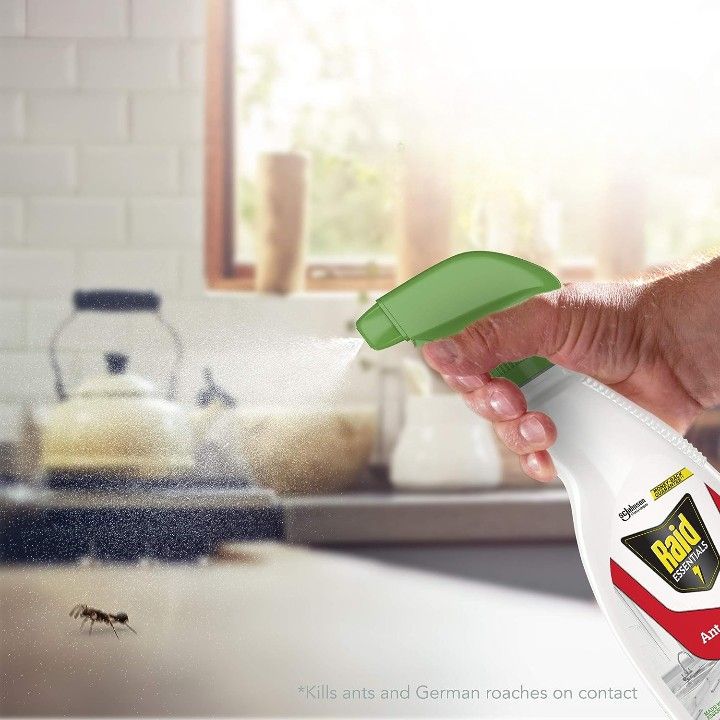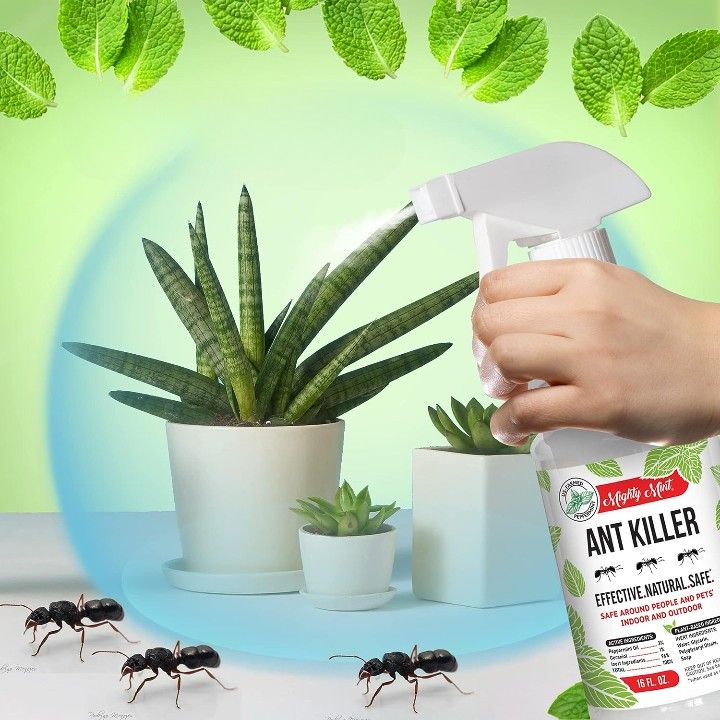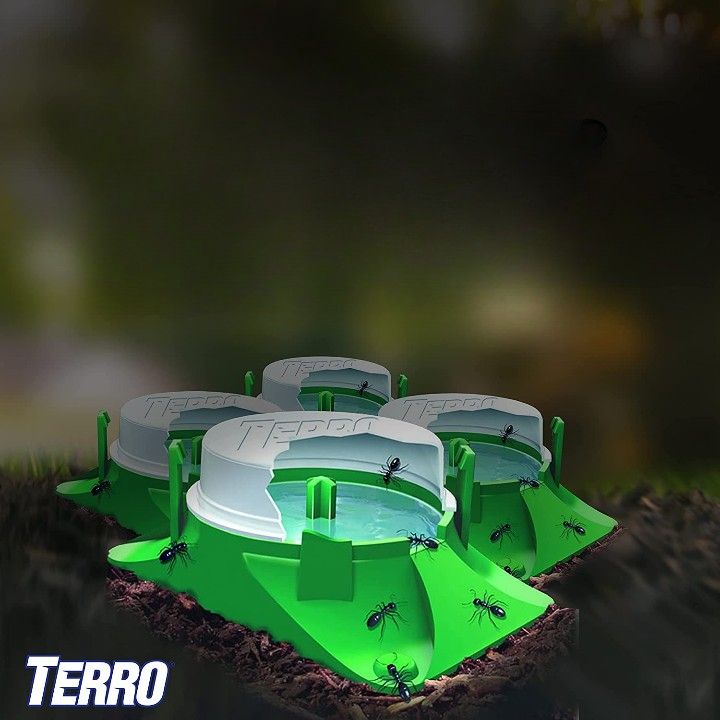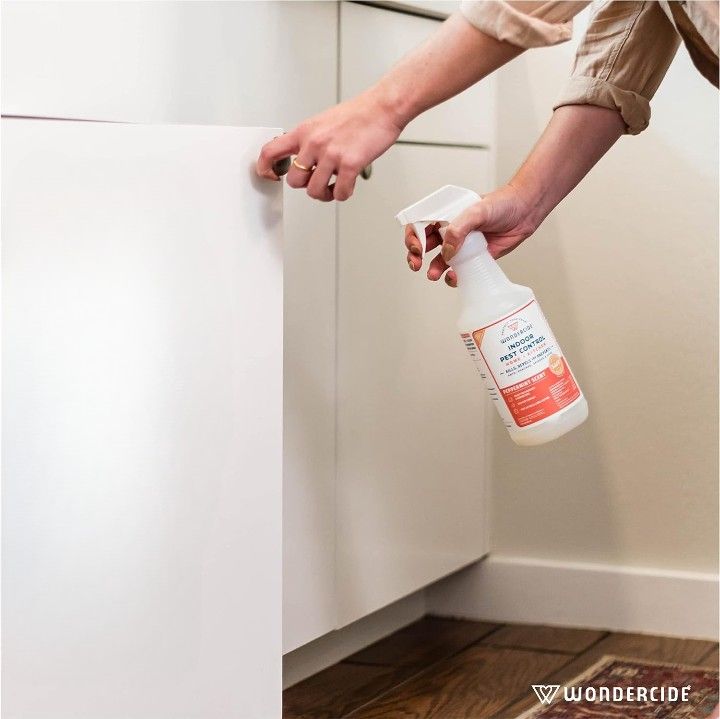Blog Introduction: Ants can be a real nuisance when they start invading our homes. They can be found everywhere, from the kitchen to the bathroom, and even in our bedrooms. While there are many commercial ant killer indoor products available on the market, you might not always want to use chemicals in your home. Fortunately, there are also natural alternatives that you can use that are effective and safe for you, your family, and your pets. In this guide, we'll share everything you need to know about ant killer indoors, so you can keep your home ant-free.
Understanding What Attracts Ants
Before we dive into how you can get rid of ants, it's important to understand what attracts them to your home. The most common attraction is food and water sources. Ants are always searching for a source of food to carry back to their colony. Therefore, it's essential to keep your home clean and free of food scraps. Other common attractions are garbage cans, pet food dishes, and dirty dishes left in the sink. By keeping your home clean and free of open food sources, you'll eliminate their attraction to your home.
Natural Ant Killer Indoor Remedies
If you're not interested in using commercial ant killer indoor products, you'll be happy to know that there are plenty of natural solutions you can try. Here are some simple remedies that are effective:
Lemon Juice: Lemon juice is a natural ant repellent, and it will keep them away from the areas you apply it to.
Vinegar: Vinegar is a natural ant killer indoors, and it will kill any ants that come into contact with it.
Cinnamon: Cinnamon acts as an ant deterrent and dehydrates them. Sprinkle powdered cinnamon in areas the ants are frequenting, and they'll avoid it.
Borax: Borax is a natural ant killer indoors, and it is particularly useful for killing ant colonies. Mix borax and sugar in equal parts and place them in areas where the ants are active. They'll take it back to their colony, and it will eliminate them.
Commercial Ant Killer Indoor Products
If you're struggling with an ant infestation and natural remedies aren't doing the trick, you might need a commercial ant killer indoor product. Look for products that contain ingredients like boric acid or diatomaceous earth, which will kill the ants without hurting your family, pets, or the environment. Be sure to follow the instructions on the label carefully to achieve the best results.
Prevention is Key
While it's essential to know how to get rid of ants, preventing them from entering your home is equally important. Here are some tips to ensure that your home remains ant-free:
Keep your home clean: As mentioned earlier, ants are always searching for a source of food. By keeping your home clean and free of crumbs and food scraps, you'll eliminate the ant's attraction to your home.
Eliminate points of entry: Seal any cracks and crevices where ants might be getting into your home. This includes windows, doors, and small gaps around pipes and cables.
Store food properly: Keep your food in sealed containers, and don't leave anything open and exposed. This includes pet food, which should be stored in airtight containers.
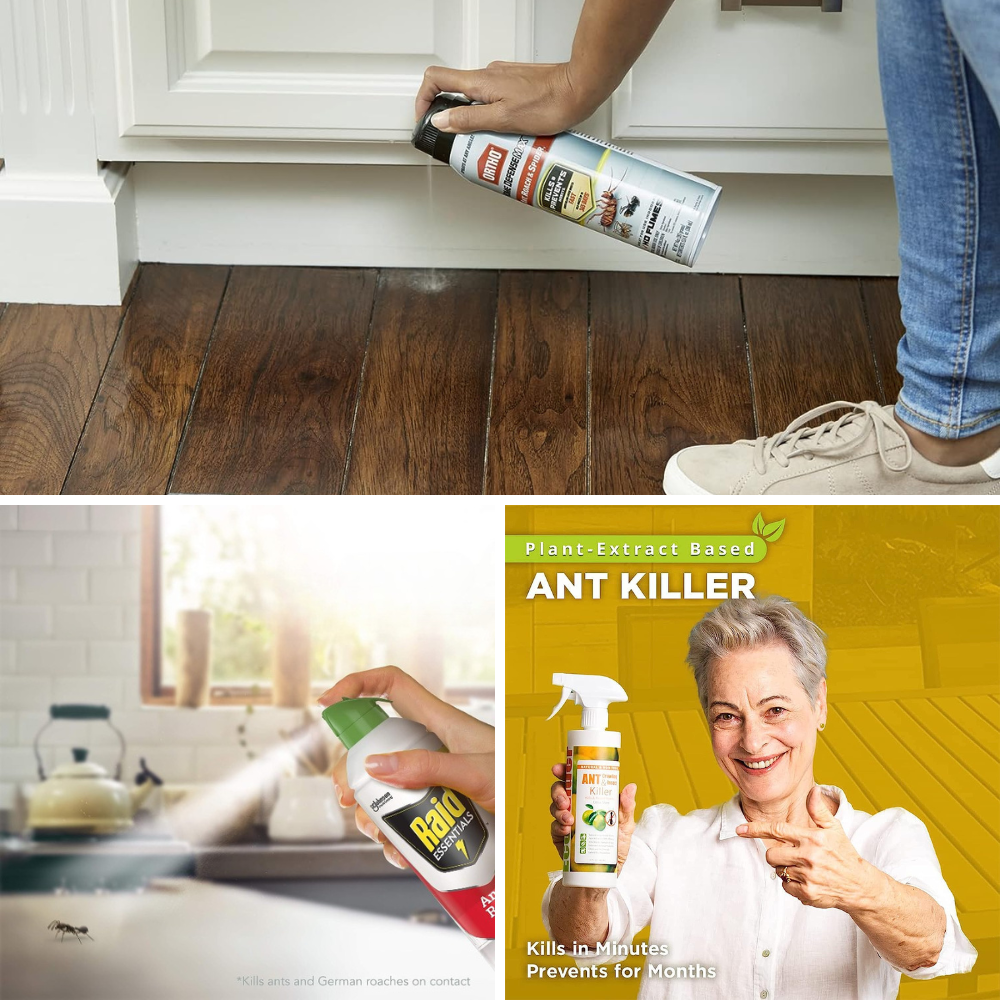
FAQs About Ant Killer Indoor
Is indoor ant killer safe for humans?
No, indoor ant killer is not safe for humans. Most ant killers contain chemicals that are toxic to humans, so it is important to always read the label and follow all safety instructions when using them. In addition, it is important to keep ant killers out of reach of children and pets and to avoid inhaling or coming in contact with the ant killer.
How long do indoor ant traps take to work?
Indoor ant traps usually take 1-2 weeks to start working. The traps contain a bait that is attractive to ants, and once they start to consume it, the ants will take the bait back to their nest, where it will spread to other ants and eventually eradicate the colony. It's important to keep the traps in place for at least two weeks to ensure that all the ants in the colony have had a chance to consume the bait.
How long should I see ants after treatment?
The length of time you may see ants after treatment will depend on the type of treatment used. Generally, you should start to see a decrease in the number of ants within 24-48 hours after treatment. If you are using a liquid insecticide, you may see ants for up to two weeks after application. If you are using a bait product, you may see ants for up to four weeks after application as the ants take the bait back to the colony for the queen and other ants to consume.
Why should you not kill ants in your house?
Killing ants in your house is not recommended because it can disrupt the natural balance of the ant colony. Ants are beneficial to the environment and act as natural pest control by eating other insects and providing nutrients to the soil. Killing ants in your house can also lead to more ants entering your home in search of food, as the scent of dead ants will attract other ants from the colony. Additionally, certain ant species can cause damage to the structure of your home if left unchecked. It is best to use non-toxic methods of ant control, such as baits and traps, to help manage the ant population in your home.
Is ant spray toxic to breathe?
Yes, ant spray can be toxic to breathe. Ant sprays contain a variety of chemicals that can be harmful when inhaled, including pyrethroids, organophosphates, and carbamates. These chemicals can irritate the eyes, nose, and throat, and can cause difficulty breathing, coughing, and wheezing. Inhaling large amounts of ant spray can even cause more serious symptoms such as nausea, vomiting, and dizziness. It is best to avoid breathing in ant spray and to use it in well-ventilated areas.
May we say in conclusion...👍
Ants can be frustrating, but with the right ant killer indoor and preventative measures, you can keep your home ant-free. By understanding what attracts ants, you can take steps to eliminate their attraction to your home. Natural remedies such as lemon juice, vinegar, cinnamon, and borax are effective and safe options. If you need a commercial ant killer indoor product, look for one that is environmentally friendly and safe for your family and pets. Finally, remember that prevention is key to keeping your home ant-free. By keeping your home clean, sealing entry points, and storing food properly, you can eliminate the chance of an ant infestation altogether.
